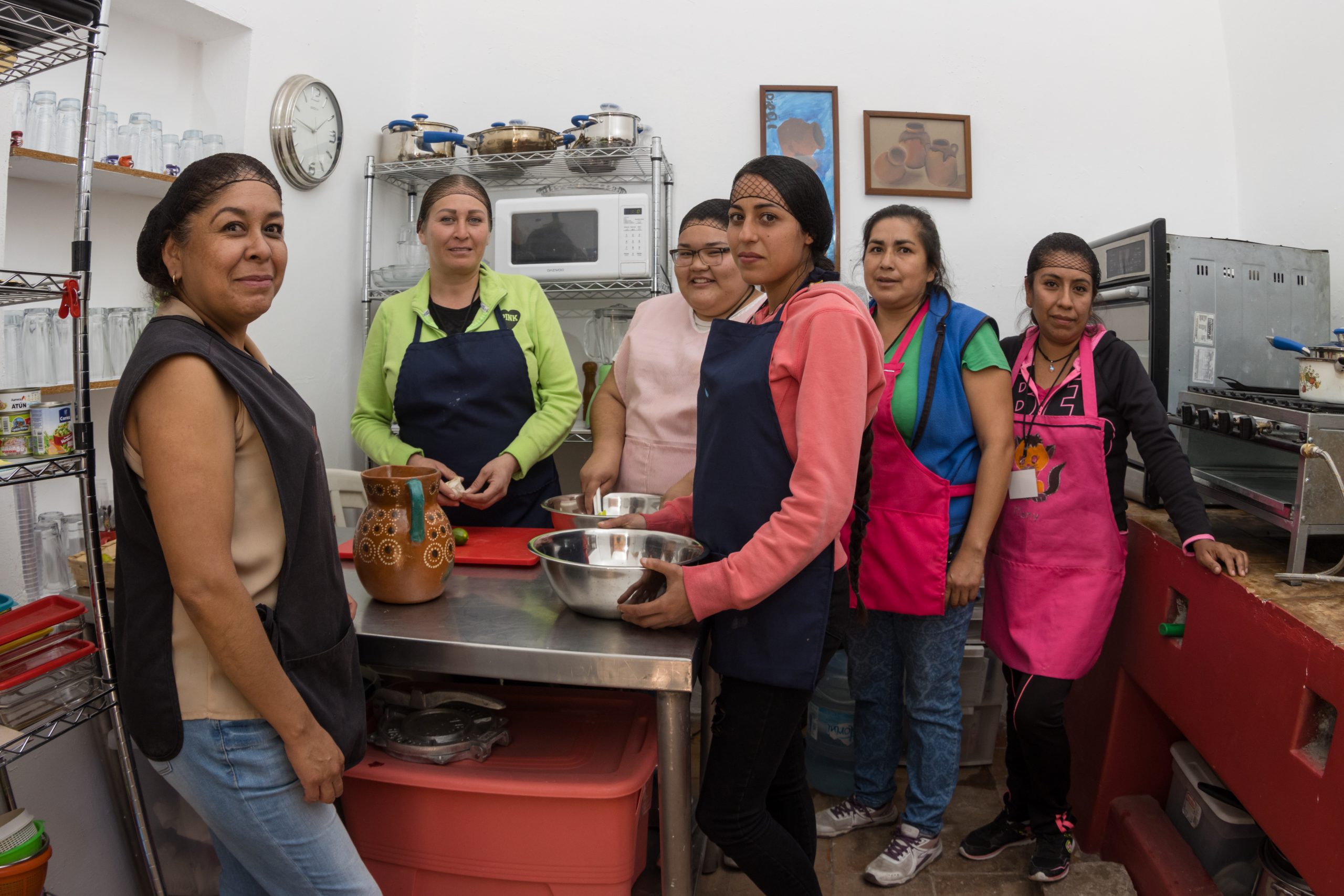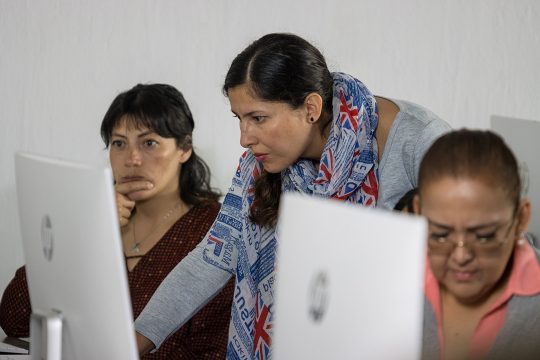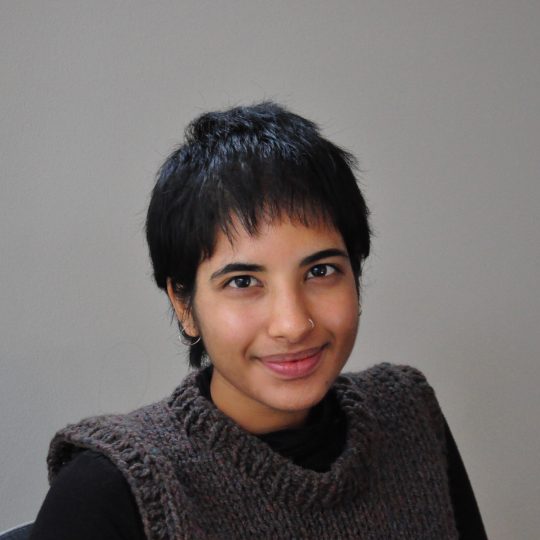
Mexico
Women’s Economic Empowerment in Jalisco
- Status
- Completed Research
- Research Year
- 2019-20
Co-Meta, an initiative based in Jalisco, mobilizes a network of local economic and social actors who support women’s economic empowerment. The network connects business leaders from across Jalisco, who act as mentors and instructors. This research project aimed to support Co-Meta as it scales up from 130 to 1,500 participants.
Researchers
Mentors
-

University of Toronto
Erica Di Ruggiero
Associate Professor of Global Health and Director of the Centre for Global Health, Dalla Lana School of Public Health, University of Toronto
Related Information
-

-

Blog
Through Reach Alliance, U of T students explore struggle for women’s economic equality in Mexico
-

Reach Alliance Case Study: Investigating social & economic empowerment in Mexico
-

How does Co-Meta support women’s economic empowerment in Mexico?



